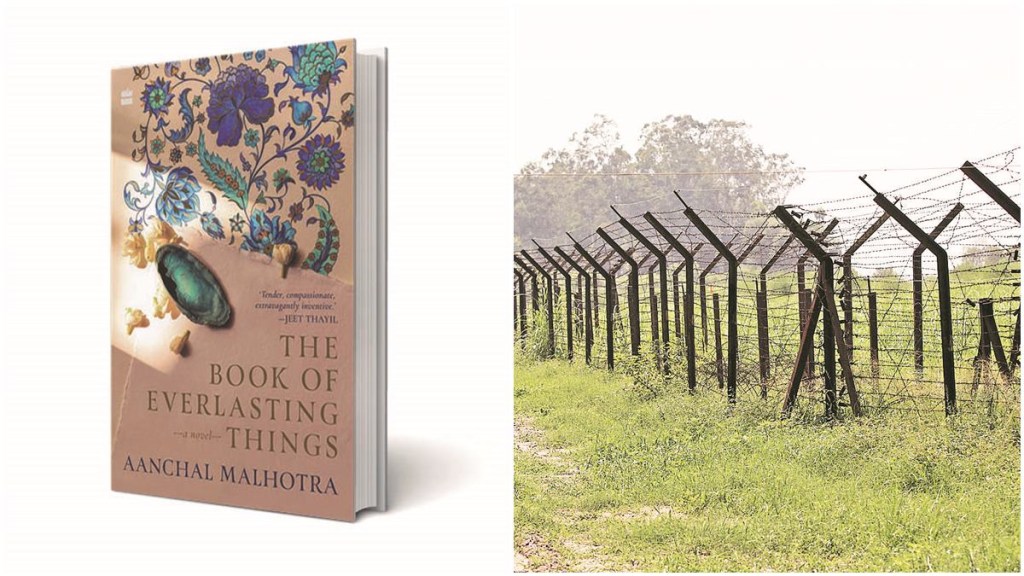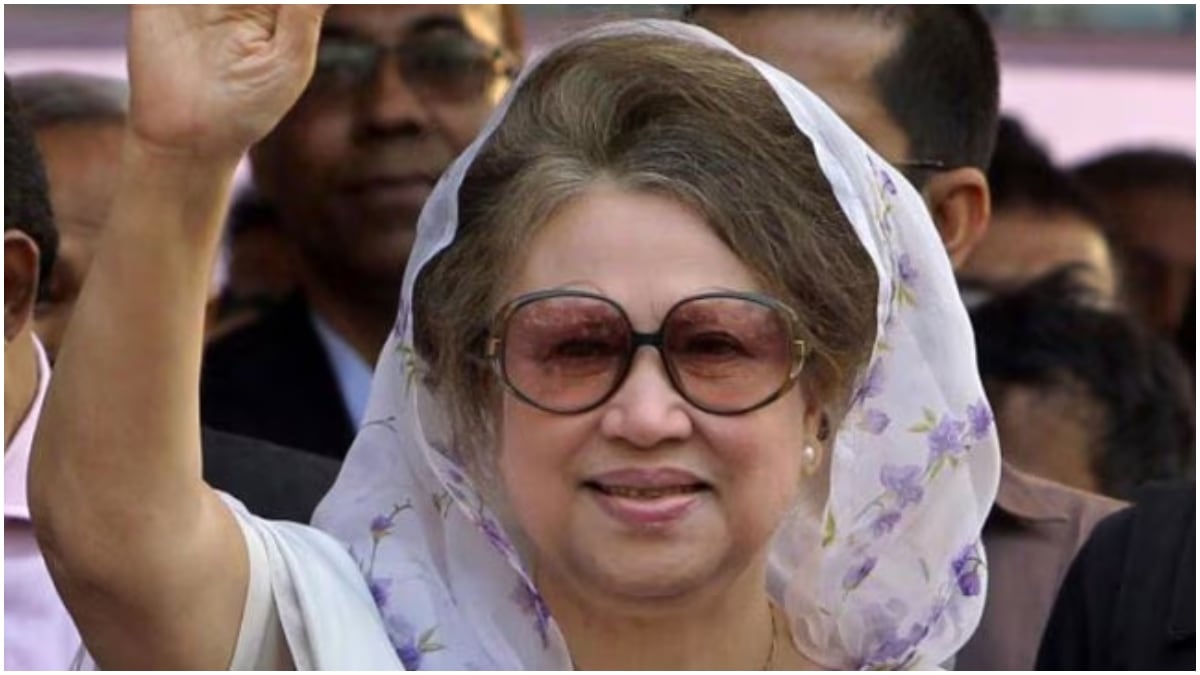Words inked on paper and memories etched in minds still bring the horrors and pains of the 1947 partition alive. There’s something deeply moving about the partition literature that comes out every now and then. It touches you, breaks you, crushes your spirit and brings you alive again to the post-colonial, post-partition world where two nations divided by borders but connected by shared memories thrive. The oral narratives of our grandfathers and grandmothers present a window into the doings of the time that had rendered India and Pakistan divided and its people uprooted.
When Aanchal Malhotra opens up the dreaded pages of history again, she unearths a beautiful and whole love story entwined with separation. Malhotra’s longstanding experience as an oral historian, author on partition and related subjects and her efforts in tracing family histories culminates into a story of love and longing, devastation and scarred-survival in The Book of Everlasting Things that spans over a century published by HarperCollins.
The book narrates the story of two families—the Vij family of Lahore that is into the business of textile and perfumery and the family of calligraphers wherein the art is passed on to the daughter, Firdaus. Samir Vij, a Hindu and Firdaus, a Muslim are separated by the events of the partition and became Indian and Pakistani, respectively after the division of the two nations. Their unfulfilled love story symbolises how the partition did not only break the nation into two but broke families, relationships, and left those displaced with haunting memories that would remain for life.
Malhotra writes with originality and sketches out the details of the families, their business and characteristics with a clarity that compels the mind to visualise the happenings of the novel. Mohan and Vivek, sons of Som Nath, have differing interests and passions when it comes to business. Mohan’s son Samir inherits his uncle Vivek’s strong sense of smell and the art of perfumery.
Also Read: The N word: A useful omnibus with informed views on nuclear arms and energy
“That the nose of your uncle and all its talents be bequeathed to you…” says Mohan for Samir’s skills.
Samir develops a unique talent of recognising smells at an early age. “It was like a storm erupted in my heart…I felt the smell in my heart. Yahaan, here,” he says as he places his palm on his chest. To this, Vivek replies, “Whatever effect a smell has on your heart is simply one prescribed by memory/ When you smell something beautiful, you feel awash. You are taken in by its tide…” as the readers feel a whiff of fragrance emanating from the author’s words.
The novel which is divided into four parts traces the happenings within the two families involved set against the backdrop of the political events of the time in the years preceding the 1947 partition. “Rather than joining efforts against the British, we seem to be at war with one another, just as the British want,” Vivek scoffs at the series of events as one details how even vendors would sell things to buyers of the same religion.
At a point in the story, the author beautifully intertwines the undertones of romance between Samir and Firdaus along with the subtleties of Urdu language. The two engage in a play of words that metamorphoses into romantic exchanges as they read out Urdu words and their meanings. ‘Firdaus,’ Samir declares ‘paradise’ and looks over at its namesake. ‘Jan’ she continued, writes Malhotra.
Malhotra’s self reflects in the work as she writes, “I’ve read a lot about partition. But books don’t really…tell ordinary people’s histories…we seem to assign very little value to memory,” pressing on the importance of oral histories that have led to the unearthing of an entire genre of literature—the Partition Literature. “And yet…it is memory that brought me here,” responds Samir, having lived through the year that created wounds for a lifetime.
The Book of Everlasting Things: A Novel
Aanchal Malhotra
HarperCollins
Pp 472, Rs 799








